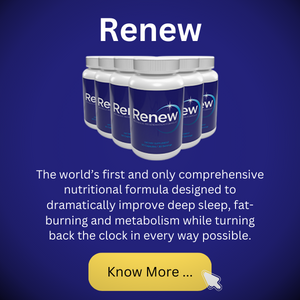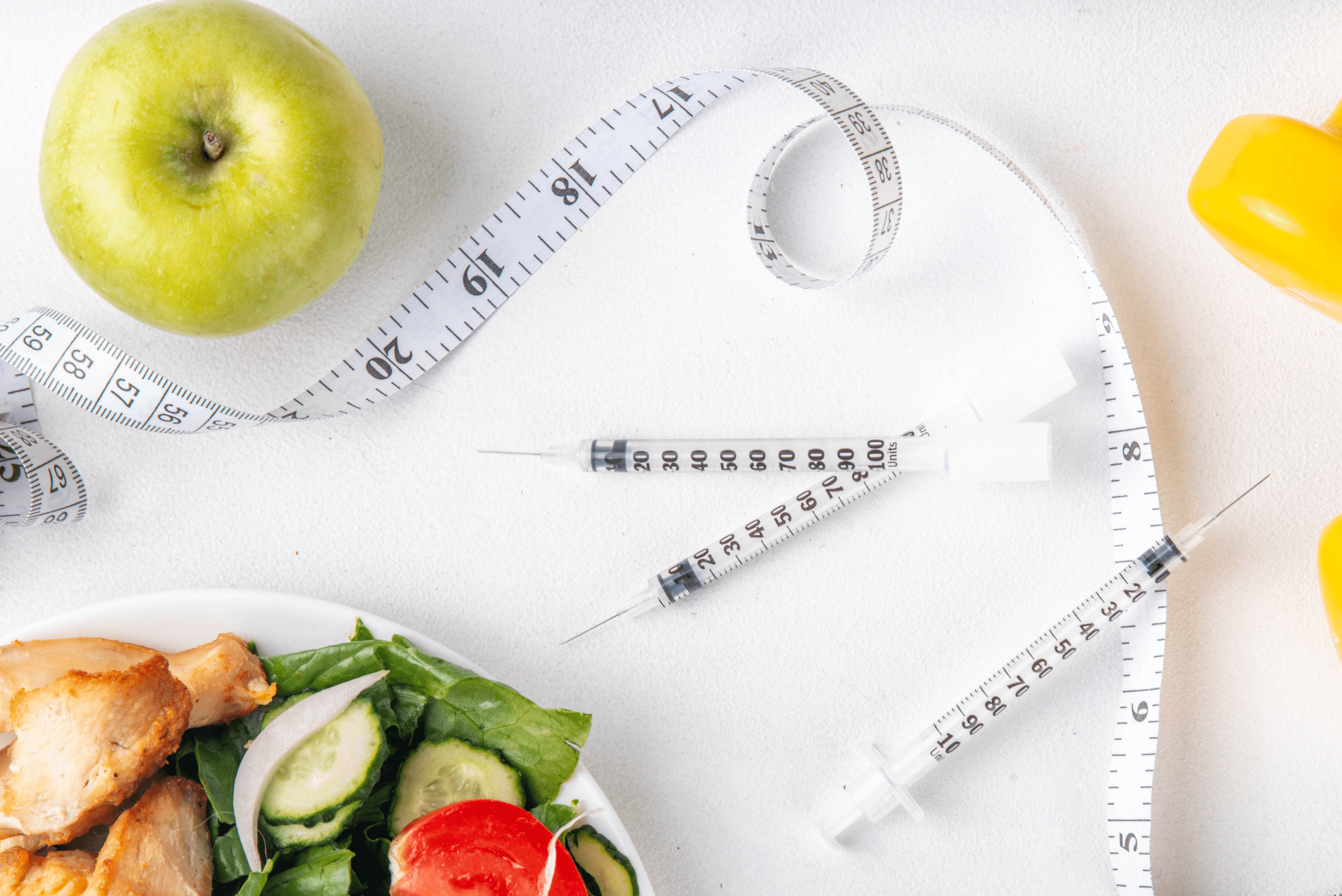Why Most Vitamins and Supplements Won’t Improve Your Health
Key Takeaways
- Vitamin E and beta carotene supplements are ineffective for preventing cancer or heart disease in healthy adults.
- Supplements like St. John’s wort can interfere with prescription medications.
- Folic acid and vitamin D might be necessary for some people.
Although dietary supplements are popular in the United States, some experts argue that vitamins and supplements are mostly a waste of money.
Which Supplements Are the Least Useful?
Multivitamins are among the most purchased supplements, but research generally finds no clear reduction in disease risks and overall mortality in healthy adults.
The U.S. Preventive Services Task Force (USPSTF) also recommends against using vitamin E and beta carotene supplements to prevent heart disease or cancer in healthy adults.
Vitamin E supplements offer no protective benefits against cancer or cardiovascular disease, according to John Wong, MD, a professor of medicine at Tufts University and a member of the USPSTF.
Beta carotene supplements, which convert into vitamin A in the body, can even increase the risk of lung cancer in individuals who already have certain risk factors, like smoking or occupational exposure to asbestos.
Some supplements might also interfere with your regular medications. For instance, St. John’s wort, an herb that has been used to treat depression and poor sleep, can interact with birth control.
Even when supplements don’t cause harm, getting too much of them may be unnecessary, as they go unused by the body.
Why People Still Take Supplements
Despite little evidence showing benefits for taking multivitamins or mineral supplements, Americans spend billions of dollars each year on dietary supplements.
“People like something tangible when it comes to health. It’s often easier to take a pill than invest in behavior, diet, and lifestyle change,” Melissa Majumdar, MS, RD, a registered dietitian and bariatric surgery coordinator with Emory University Hospital Midtown, told Verywell in an email.
Before taking a supplement, experts advise considering the potential for misleading health claims on the label. The Food and Drug Administration (FDA) doesn’t evaluate dietary supplements for safety or efficacy. Some supplement labels promote unproven claims that the product has “no side effects” or is “better than” a prescription drug.
When Supplements May Be Needed
The USPSTF does recommend some supplements. For example, folic acid, also known as vitamin B9, got an “A” rating for use in pregnant adults as it helps prevent certain birth defects.
Although some foods are fortified with folic acid, it’s still difficult to get enough of this vitamin through diet alone.
Vitamin D is another nutrient that can be difficult to obtain entirely through diet. Some people may struggle to absorb enough vitamin D through sun exposure and foods like fatty fish and beef liver.
“Vitamin D insufficiency is more common among individuals with darker skin, those living in Northern latitudes, and those who avoid sun exposure,” said Emma Laing, PhD, RDN, a clinical professor at the University of Georgia and a national spokesperson for the Academy of Nutrition and Dietetics.
However, excess Vitamin D can cause health issues, such as kidney stones, confusion, and vomiting. You can ask your healthcare provider for a blood test to determine if you need to take vitamin D supplements.
Source link
Share this article:

:max_bytes(150000):strip_icc()/StephanieBrownnewheadshot-e5ca9ba2a404491384e9300a7871f190.jpg)










